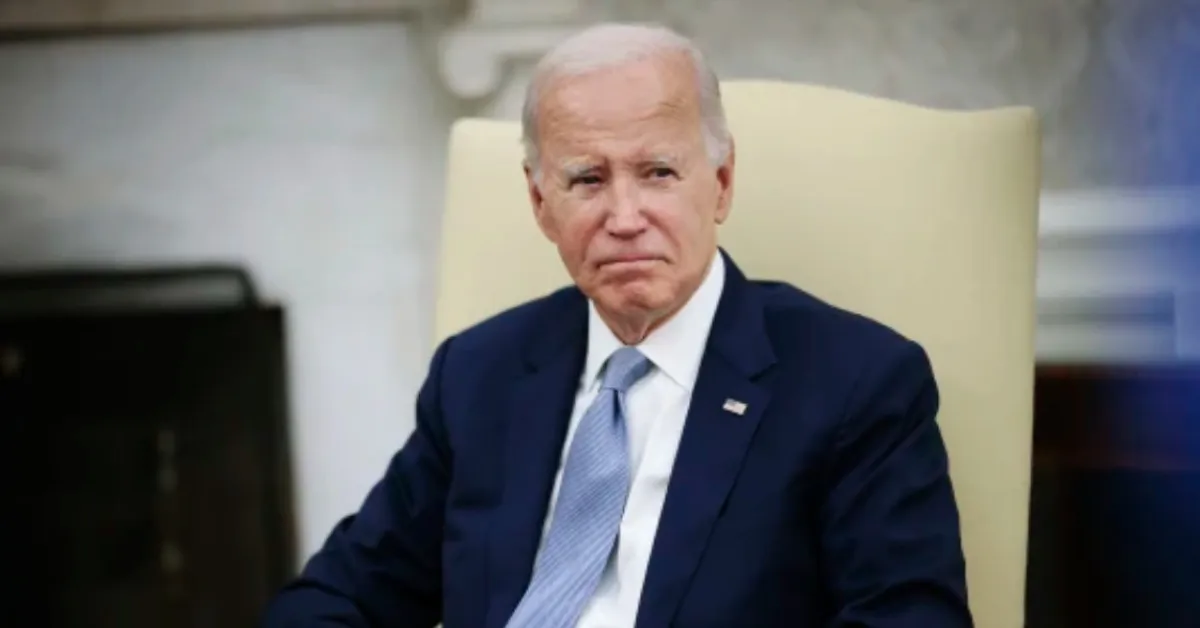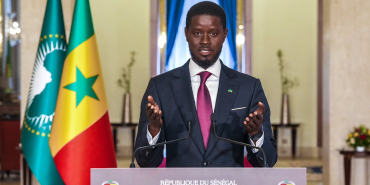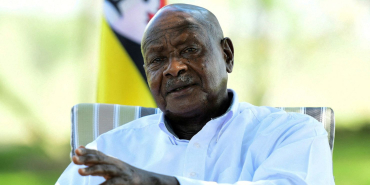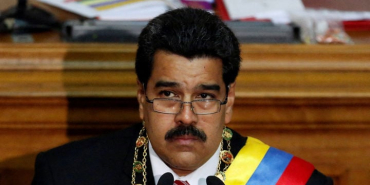Former President Joe Biden Diagnosed with Advanced Prostate Cancer

Former US President Joe Biden has been diagnosed with advanced prostate cancer that has metastasised to his bones, a disclosure made public on Sunday.
The diagnosis follows medical evaluations conducted last week, revealing an aggressive form of the disease characterised by a Gleason score of 9. The diagnosis places the former president, a longtime advocate for cancer research, in the position of battling the very disease he has dedicated significant efforts to combating. Biden, who stepped down from the presidency months earlier amidst mounting concerns about his health and cognitive abilities, addressed the diagnosis publicly via X, expressing gratitude for the outpouring of support.
"Cancer touches us all. Like so many of you, Jill and I have learned that we are strongest in the broken places. Thank you for lifting us up with love and support," Biden wrote on Monday, signalling a resolve to confront the illness with resilience.
Medical evaluations last week identified a prostate nodule, leading to further testing that confirmed the presence of a high-grade malignancy with a Gleason score of 9. The Gleason score, used to grade the aggressiveness of prostate cancer, ranges from 6 to 10, with higher scores indicating a more rapid rate of progression and increased risk of metastasis. A score of 9 places Biden's cancer within the most severe range, indicating the cancer is high-grade.
Reports indicate that while the cancer is advanced, it remains hormone-sensitive. This is a factor that could potentially enable effective treatment management. Medical experts suggest that the primary goal of treatment will be to stabilise the condition and control the spread of the disease, as a complete cure is unlikely given the stage and extent of the cancer. Treatment options being considered include hormone therapy, radiation, chemotherapy, and steroids, all aimed at managing the disease progression rather than eradicating it entirely.
"There are more medical options to stabilise the patient and control the cancer, but it never gets rid of the cancer completely," Dr. Jamin Vinod Brahmbhatt, a urologist at Orlando Health Medical Group, told the BBC, underscoring the challenges presented by metastatic prostate cancer.
Biden’s diagnosis adds another chapter to a history of health issues that have, at times, shadowed his political career. Throughout his tenure as president, his physical condition and cognitive abilities were frequently subjects of speculation and debate. Instances of verbal missteps and apparent fatigue often fueled these discussions. In February 2023, a routine health screening led to the removal of a basal cell carcinoma from Biden’s chest. The procedure was deemed successful, requiring no further treatment. However, the metastatic prostate cancer presents a far greater challenge, with surgical removal considered an unlikely option due to his age and the extent of the disease.
Biden’s decision to step down from the presidency was influenced, in part, by concerns regarding his ability to effectively lead, particularly after his performance during the June 27 presidential debate against Republican candidate Donald Trump. His delivery lacked clarity and energy, reinforcing doubts within the Democratic Party. One of the most notable moments was when Biden mistakenly stated, "We finally beat Medicare," when discussing the national debt. This slip-up, along with prior incidents where he erroneously referred to Ukrainian President Volodymyr Zelensky as "President Putin," amplified speculation about his cognitive acuity.
These events prompted discussions among Democratic leaders, ultimately leading to Biden’s withdrawal from the 2024 presidential race and endorsement of his then-vice president, Kamala Harris, as the Democratic nominee. Cancer has been a deeply personal issue for Biden, driving his advocacy and policy priorities throughout his career. In 2022, he spearheaded the Cancer Moonshot initiative, a program aimed at halving the cancer death rate by 2047.
This initiative built upon his earlier efforts as vice president under President Barack Obama, when he led similar projects following the death of his son, Beau, from brain cancer in 2015. Now, Biden faces cancer on a personal level, adding a poignant dimension to his long-standing commitment to cancer research and treatment.
News of Biden’s diagnosis has elicited an outpouring of support from across the political spectrum. Former President Donald Trump, a longtime political rival, extended well wishes via Truth Social.
"Melania and I are saddened to hear about Joe Biden’s recent medical diagnosis. We extend our warmest and best wishes to Jill and the family, and we wish Joe a fast and successful recovery," Trump wrote.
Meghan McCain, daughter of the late Senator John McCain, who also battled cancer, shared similar sentiments, emphasising the non-partisan nature of such struggles.
"Cancer is the absolute worst. It is hell... Wishing nothing but healing, prayers, light and strength to President Biden and his family. I don’t believe times like these are appropriate for politics," McCain wrote.
California Governor Gavin Newsom also expressed solidarity, stating, "Our hearts are with President Biden and his entire family right now."














Add new comment